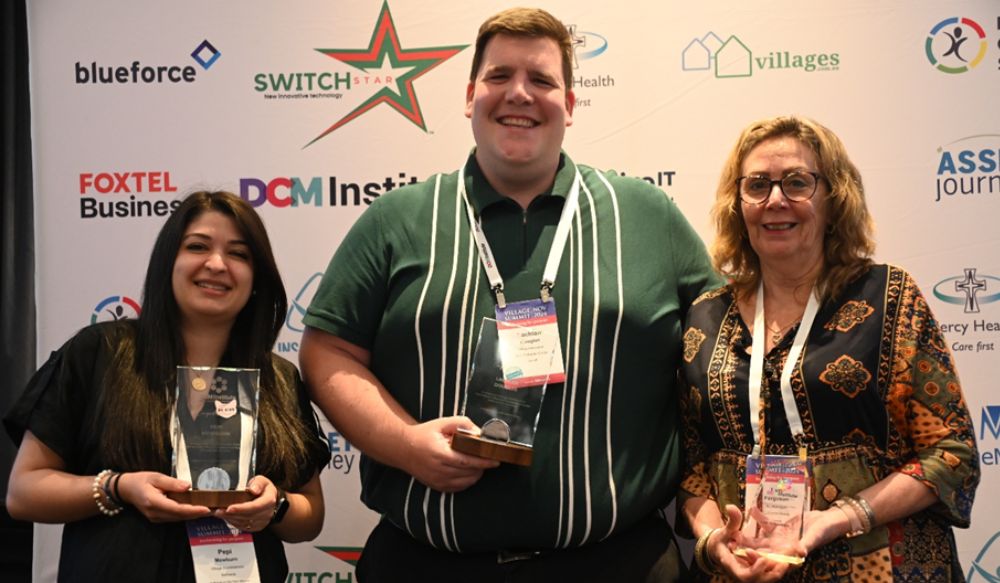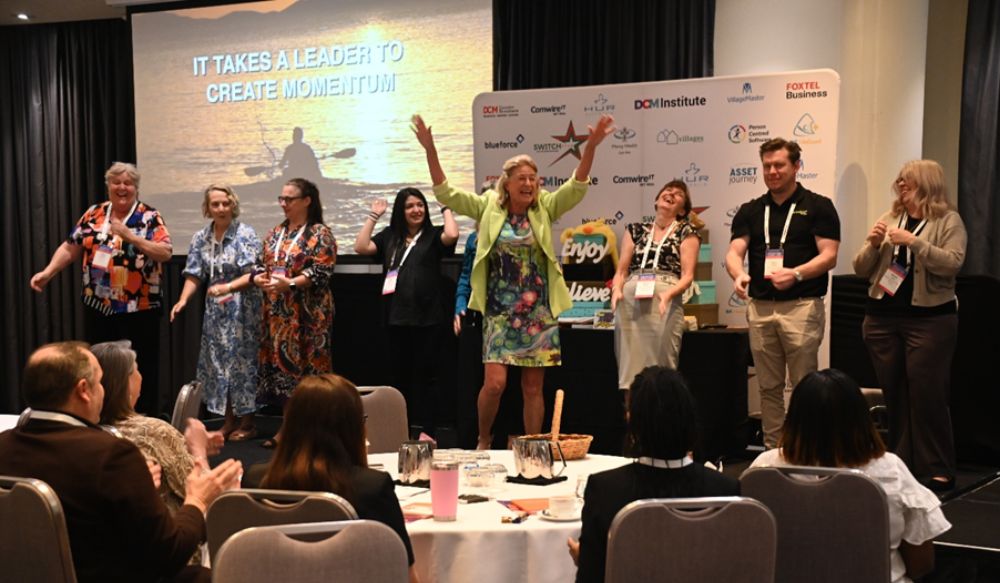
Dementia Friendly Communities – What Managers Need to Know
The PWC Retirement Census Snapshot tells us the average age of residents in retirement villages is 81 years old.
It is widely documented that 3 out of every 10 Australians over the age of 80 is living with Dementia. These two statistics together highlight the challenge faced by Retirement Village Managers across the country.
Dementia Australia is advocating to change this position of seeing dementia as a challenge – rather their ‘Dementia-Friendly Communities’ program is catered toward advocating for environments where people can safely live with Dementia.
The Dementia-Friendly Communities program aims to address the stigma, isolation and discrimination experienced by many people living with Dementia. Dementia Australia does this through creating awareness around what inclusive communities need to aspire to be to enable people living with dementia to live well.
As managers of Retirement Villages, responsible for the care and support of ageing residents, there are a number of operational elements to consider when embracing the concept of being a Dementia-Friendly Community:
- Education and Awareness: One of the primary steps toward building a Dementia-friendly community is to educate staff, residents, and families about Dementia. Understanding the challenges individuals with dementia face and learning how to communicate effectively with them can create a more empathetic and respectful environment.
- Physical Environment: Retirement villages should consider making physical changes to the environment to cater to the needs of residents with Dementia. Clear signage, contrasting colours, and minimizing unnecessary clutter can enhance navigation and reduce confusion.
- Training for Staff: Staff members in retirement villages should undergo specialized training in Dementia care. This includes learning how to handle challenging behaviours, provide person-cantered care, and offer appropriate activities to engage residents.
- Engagement and Socialisation: Organising activities that promote social interaction and cognitive stimulation can greatly benefit residents with Dementia. These activities should be designed to accommodate different levels of cognitive ability.
- Communication Support: Effective communication is vital when interacting with individuals with Dementia. Training staff in using simple language, offering visual cues, and employing patience can create a more positive and comfortable environment.
- Inclusive Policies: Developing policies that promote inclusion and understanding is essential. These policies could encompass flexible visiting hours, designated quiet spaces, and respectful language usage.
The DCM Institute will be exploring dementia in Retirement Villages during our upcoming Professional Development Day series across the country. In addition to providing networking opportunities, these days are designed to increase a Manager’s knowledge in key areas which will help them improve the experience of residents in their communities – with Dementia being one of the areas participants have expressed a keen interest in exploring further.
About Dementia
Dementia as a range of conditions and symptoms is increasingly becoming more common and visible in retirement villages.
While the onset of Dementia is typically gradual, the progression of Dementia varies. It is often described in terms of 3 stages:
- Mild Dementia – difficulties with a number of areas such as memory, planning, organisation and personal care, but the person can still function with minimal assistance.
- Moderate Dementia – difficulties become more severe and increasing levels of assistance are required to help the person maintain functioning in their home and in the community.
- Severe or advanced Dementia – almost total dependence on care and supervision by others.
Dementia is not a normal part of aging and can affect anyone of any age, though it is more common the older you are.

Dementia Action Week 2023 is from Monday 18 September to Sunday 24 September, with World Alzheimer’s Day occurring on Thursday 21 September.
This year’s theme is Act Now for a Dementia-Friendly Future.
For more information visit https://www.dementia.org.au/



